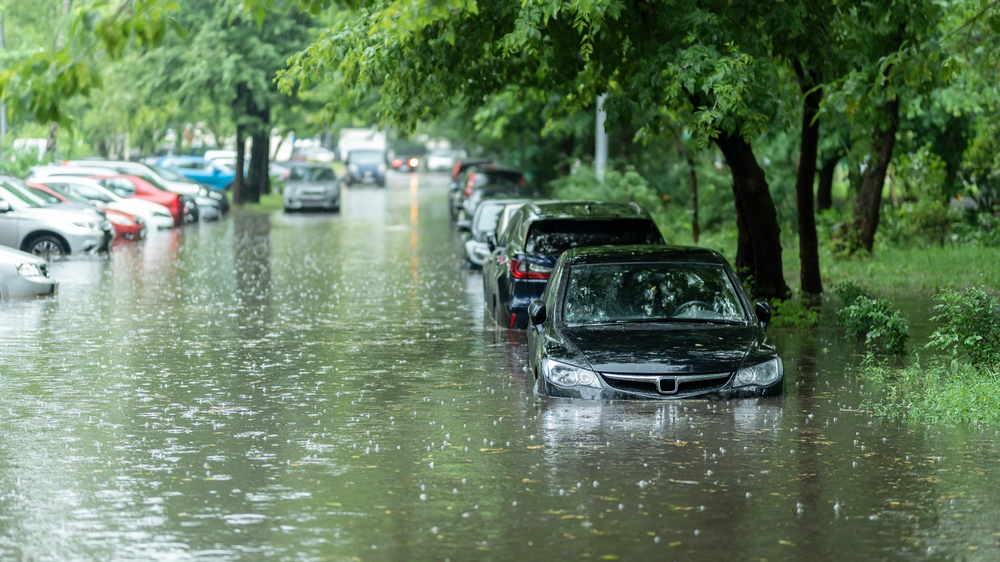It’s best to avoid starting the vehicle and to disassemble and dry the exhaust system thoroughly.
Others are reading now
If your car has been exposed to rising waters, experts advise against starting it.
Avoid Starting the Vechicle
According to Moto water damage can lead to significant issues, and the severity depends on how high the water has risen.
If the water level only reaches the wheel hubs, the situation is less dire. Many off-road drivers regularly encounter similar conditions.
In such cases, it’s crucial to remove the wheels and clean the suspension and brake components of any mud and debris. Changing the brake fluid is also recommended to ensure braking efficiency.
Also read
However, if the car has been submerged for an extended period, the wheel bearings should be checked for water intrusion.
When water enters the exhaust system, the situation becomes more serious. Exhaust systems contain various components that can be damaged by water.
It’s best to avoid starting the vehicle and to disassemble and dry the exhaust system thoroughly. Additionally, water can infiltrate the transmission and differential, mixing with the oil and causing corrosion and inadequate lubrication.
Not Worth Repairing
The most severe damage occurs when water floods the interior of the vehicle. Moisture can wreak havoc on electrical systems, especially in modern cars packed with electronics. If the water level reaches the dashboard or window sills, critical sensors and electronic components can fail, potentially totaling the vehicle.
Electric vehicles present unique challenges when flooded. While the batteries are generally designed to be waterproof, this protection is primarily against rainwater.
If the battery, often integrated into the car’s floor, is submerged, the waterproofing may fail, leading to severe damage and potential electrical hazards. Therefore, immediate action is essential to assess any flooding risks to the battery.
Unfortunately, many flooded cars are not worth repairing. The costs associated with drying and necessary repairs often exceed the vehicle’s value, and corrosion can set in rapidly.


